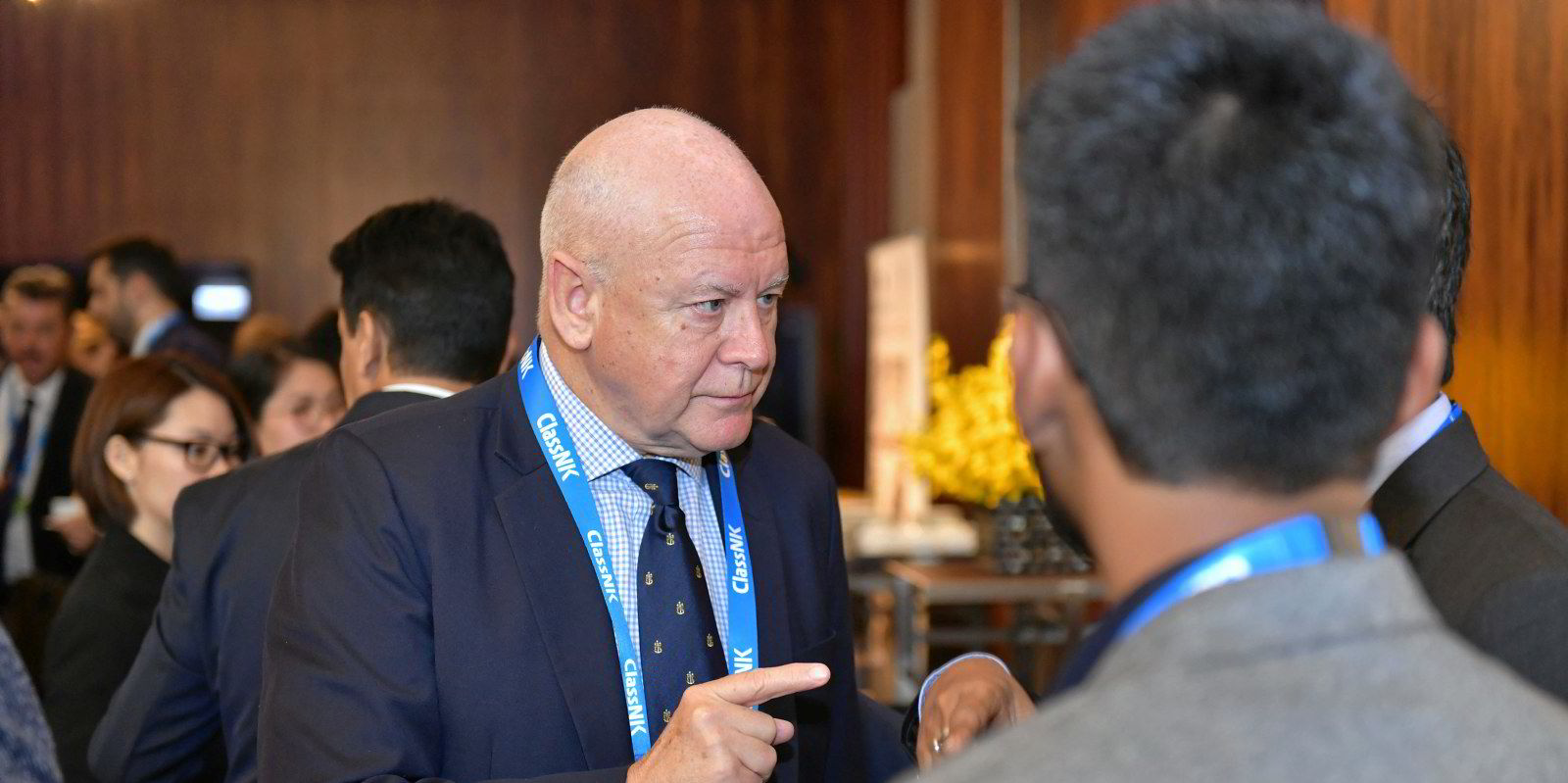Retail loan-funding platform Yieldstreet and its co-founder Michael Weisz are the target of a lawsuit by disgruntled retail investors who claim Yieldstreet misled them in ship-recycling deals and other transactions.
The claimants also allege that Yieldstreet overstated its own maritime expertise and ignored its maritime finance advisors.
The investors have told a US court that Weisz lost their money by locking its specialist maritime deal originators out of the structuring of deals. The plaintiffs, represented by law firm Peiffer Wolf, have filed the lawsuit as a class action, seeking to represent all investors in a similar situation.
The maritime financial advisor that Yieldstreet allegedly ignored is Global Marine Transport Capital (GMTC), the originator of all Yieldstreet’s ship-recycling deals.
GMTC is an alternative finance shop led by Cyprus-based ship finance veteran Andrew Simmons with backing from US fund manager Steven Baffico of New Jersey-based Four Wood Capital Partners.
Peiffer Wolf lead lawyer Daniel Centner and Yieldstreet officials did not respond to requests for comment. Simmons and Baffico of GMTC and Four Wood declined to comment because of other ongoing litigation, in which Yieldstreet is pursuing claims against them.
The investors have alleged losses that include the lion’s share of the spectacular 2020 defaults of North Star Group, a cash buyer of ships for demolition, and affiliates. Yieldstreet investors put up around $89m of at least $124m lost by various lenders. TradeWinds reported at the time on separate summary judgments won in the London High Court against Tahir Lakhani and his sons, Ali and Hasan, by Yieldstreet and by Oaktree Capital-backed Njord Partners.
The investor lawsuit, originally filed in the Southern District of New York federal court in September 2020, has moved slowly until now, in part as an effect of pandemic conditions.
Retail investor Michael Tecku and other named plaintiffs want Yieldstreet, as well as president and co-founder Weisz, to make good on their losses by cancelling their investments and allowing them to reclaim them.
TradeWinds has reported extensively on the spectacular series of defaults in 2020 by companies associated with Lakhani, in which vessels were sold for scrapping without the mortgage holders being notified.
Lakhani had several lenders at the time, but Yieldstreet was the biggest contributor to his deals, and Lakhani was Yieldstreet’s only ship-recycling client.
It funded him through non-traditional short-term facilities it called “vessel deconstruction funds” — short-term facilities tied to one or more vessels. These are significantly unlike the traditional model for cash-buyer finance, revolving facilities.
Plaintiffs claimed Yieldstreet misrepresented its maritime expertise to investors, and that it overruled its outside expertise at GMTC.

Simmons and his GMTC team unsuccessfully urged Yieldstreet against concentrating too much of the portfolio on a single cash buyer, and also advised against structuring the finance as short-term facilities based on separate vessel deals.
Under a traditional revolving facility, the borrower would have been paying back successive draws on the facility as he went, lessening the risk of default and making the timing of deals more flexible.
The investors alleged that Weisz’s priority was not risk management, but fees. Higher fees would mean more attractive multiples for corporate pricing in an eventual sale of Yieldstreet.
“Mr Weisz’s favoured short-term facilities allowed Yieldstreet to individually package loans to the same borrower through a series of dedicated special-purpose vehicles, leading to rapid platform growth that allowed Yieldstreet to collect fees far in excess of what would have been made available had it lent the same amount of money to that same borrower through a traditional single revolving credit facility,” Centner told the judge.
“Yieldstreet’s true motivation was and is to manufacture a valuable (if not inflated) sale or acquisition price for the company.”
The investors alleged that Weisz touted GMTC’s expertise in maritime finance and specifically in ship recycling, but that in fact he “functioned as a one-man credit committee” and excluded GMTC from the October 2018 meeting in Dubai, where he proposed the short-term loan structure to Lakhani.
The New York-based court has not ruled since September on filings by the parties.
But in their most recent brief, Yieldstreet’s and Weisz’s New York lawyer, Jonathan Shapiro of law firm Baker Botts, claimed that the investors have not identified any false statement they made to investors, and that information to investors about the risk of cash-buyer investments was clear.





